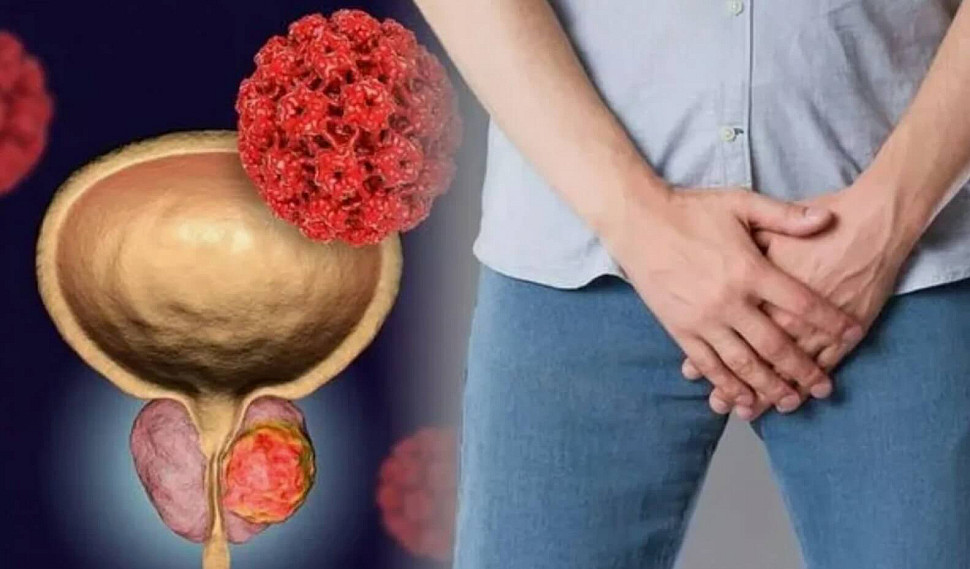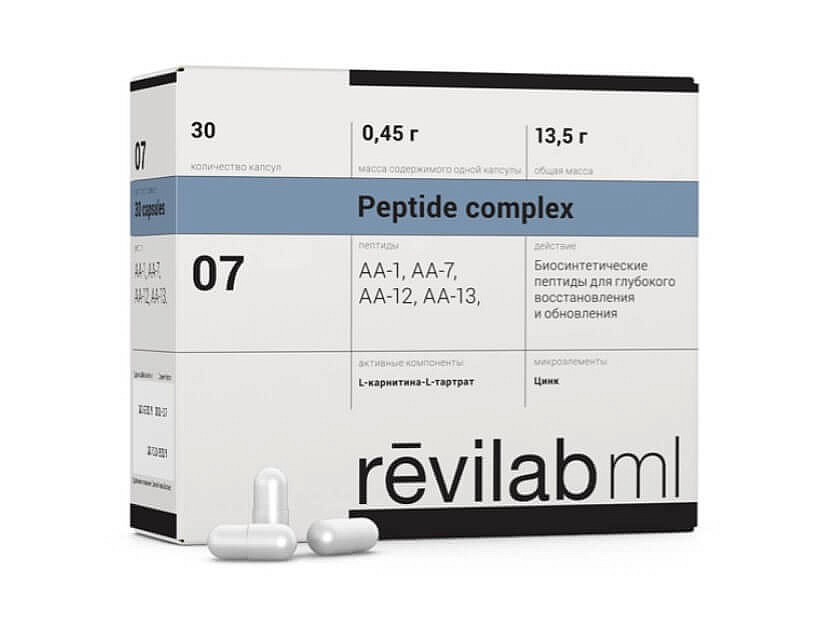Chronic prostatitis: the role of infection in the development of the disease

If men are diagnosed with chronic prostatitis, they need constant follow-up and treatment to prevent triggering the process and complications. Often, prostatitis begins as acute inflammation caused by an infection, including one transmitted through intimacy, but because of shyness and fear of procedures, men prefer self-medication or ignorance. This eventually leads to chronization of the process, problems with potency and urination, as well as the transition of the disease into complications. What is worth knowing about prostatitis and its chronic form?
Prostatitis: Differences between acute and chronic
Chronic prostatitis is one of the most common diseases among men, affecting both young people and older people. In men over 50 years of age, prostate inflammation is often associated with adenoma disease. Prostatitis is inflammation in the prostate, the important sex gland that produces sperm, to which germ cells come from the testes.
The main difference between acute and chronic prostatitis is the duration and severity of the symptoms:
Acute prostatitis: It develops rapidly, occurring over hours or days. Symptoms are dramatic, with marked pain and fever. With adequate and timely therapy, major manifestations disappear completely.
Chronic prostatitis: Protracted, mild or invisible symptoms, and tissue changes continue to develop and are difficult to treat. Relapses of this disorder are common.
Causes of prostatitis: Infections and External Factors
Prostatitis is now considered to be caused by an infection that enters the prostate in various ways. The inflammation process is most often initiated by pathogens that act aggressively on the gland tissue by destroying it. Normally, the prostate must be sterile, with no bacteria. Any infection, whether opportunistic or sexually transmitted, causes active tissue damage through reproduction and release of toxins and other aggressive factors that cause swelling, pain, and general malaise. The most common pathogens are Escherichia coli, streptococci, staphylococci, and mycoplasmas. Pathogens that cause specific infections, such as gonorrhea, tuberculosis, and trichomoniasis, also play an important role. Even Candida (thrush) fungi can cause prostatitis in immunocompromised people.
Organisms may enter the prostate by ascending from the urethra when the urethra is inflamed. However, they can also enter the gland from nearby organs through lymphatic or blood capillaries in association with disorders such as cystitis, proctitis, and others.
Chronic prostatitis: what factors contribute to it?
Although most causative agents that cause chronic prostatitis are present in every man, not everyone is affected. This is due to the individual characteristics of the body and the impact of various negative factors that weaken the immune system and reduce the overall resistance of the tissues.
There are also certain predisposing conditions in which the likelihood of developing chronic prostatitis increases. These include circulatory problems in the pelvis and genitals caused by a sedentary lifestyle and immobility. Intimate problems, prolonged abstinence, and use of withdrawal as contraception may also contribute. Tight clothing and underwear may allow blood to stagnate and affect blood flow to the prostate.
Additional factors that increase the risk of developing chronic prostatitis include hypothermia, perineal injuries, and genitourinary inflammation, such as inflammation of the testes, urethra, or kidneys. Chronic stress, bad habits, frequent change of intimate partners, and indiscriminate intimacy may also contribute to prostatitis because they often lead to genital infections.
Potency problems in prostatitis
All male organs are interrelated, and it is not surprising that chronic prostatitis can impair potency. This can lead to both shorter and poorer quality of intercourse, as well as erectile dysfunction and infertility. This is particularly worrying for young men who plan to start a family and bring in their children. One should not think that the absence of problems with potency means that there is no prostatitis - in fact, the changes may begin with the prostate, and only later in advanced cases there are potency disorders, urinary problems and infertility. Therefore, it is extremely important to pay attention to your health, regularly visit a doctor and take the necessary tests, even if at first glance everything is fine.

